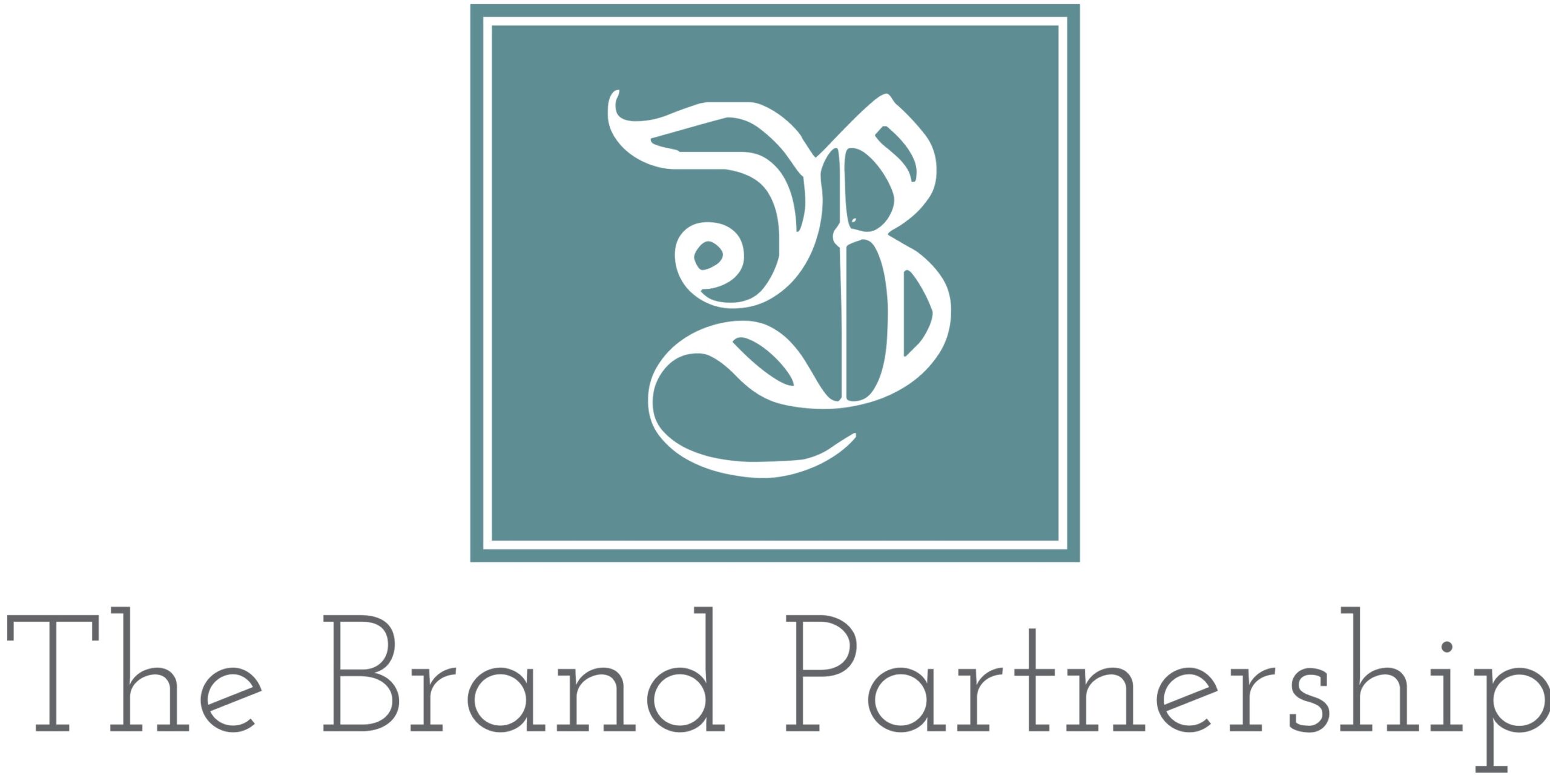In an era where information spreads rapidly, the term “fake news” has become commonplace, and consumers are one corporate misstep away from “cancel culture,” maintaining high ethical standards and transparent communication has become more critical than ever for those leading America’s ’s corporate communications departments. The principles of ethics and transparency stand as pillars that not only build trust but also shape the reputation and success of an organization. These should be the cornerstone for every professional communicator, public relations professional, marketer or C-suite executive’s communications and actions.
The Importance of Ethics in Public Relations and Corporate Communications
Ethics in public relations involve steering a company’s executives to adhere to high professional and moral standards in all interactions. This includes honesty, integrity, and a commitment to truthfulness. Organizations that prioritize ethical behavior in their business actions and then through their public relations and communications strategies build credibility with their internal and external constituents. Here are several tips to ensure ethical conduct:
- Truthfulness and Accuracy: Always provide accurate information to the public and employees. Misleading or deceptive practices – even excessive hyperbole — can erode trust and damage an organization’s reputation, value and culture.
- Respect for Privacy: Respect the privacy of individuals and sensitive information. Avoid using confidential information for personal gain or to manipulate public perception.
- Disclosure of Conflicts of Interest: Be transparent about any conflicts of interest that may impact objectivity. This builds trust and helps stakeholders understand potential biases.
- Accountability: Take responsibility for mistakes and address them promptly. Acknowledging errors demonstrates a commitment to honesty and integrity.
Transparency as a Foundation of Corporate Communications
Transparency is the open and honest communication of information and should include fostering a culture of openness within an organization. This practice not only strengthens relationships with stakeholders (including employees) but also mitigates the risk of misinformation. Here are tips for fostering transparency:
- Open Communication Channels: Encourage open dialogue between the organization and its stakeholders. This can be achieved through regular updates and town hall meetings between leadership and employees, social media, blog posts, investor communications, and other communication channels.
- Clear and Accessible Information: Make information easily accessible to the public. Ensure that relevant details about products, services, policies, and corporate practices are readily available on the company’s website. Other tools include investor updates, sustainability/ESG reports, diversity and inclusion metrics, and annual reports.
- Stakeholder Engagement: Actively engage with stakeholders to understand their concerns and expectations. Incorporate their feedback into decision-making processes.
- Crisis Communication Plan: Develop a robust crisis communication plan that outlines how the organization will respond to specific challenging situations and by whom. Speed and transparency during crises can help maintain and/or rebuild trust, so having pre-thought-out approaches and communications materials at the ready that can be updated based on the details of a live issue are a recommended practice.
Benefits of Ethical and Transparent Communication by Stakeholder Group
- Customers: Ethical and transparent communication enhances customer trust, leading to stronger brand loyalty. Customers appreciate honesty and are more likely to support companies that demonstrate integrity.
- Employees: A culture of ethics and transparency within an organization fosters employee morale and loyalty. Employees feel valued when heard and regularly communicated with, are more likely to align themselves with the company’s goals, and have higher productivity and job satisfaction.
- Investors: Transparent communication provides investors with the information they need to make informed decisions. This builds confidence in the organization’s management and long-term viability.
- Regulatory Bodies: Adhering to ethical standards ensures compliance with regulations, reducing the risk of legal issues, regulatory scrutiny, and related crises.
Ethics and Transparency in the Era of “Fake” News
In an age where misinformation and “fake” news can spread rapidly, organizations must be vigilant in upholding ethical standards and maintaining transparent communication. By doing so, they can counteract false narratives and build a reputation for reliability. Here’s why it’s crucial:
- Credibility Amidst Disinformation: Ethical conduct and transparency act as a shield against false narratives. When organizations consistently provide accurate and honest information, they establish themselves as reliable sources in the eyes of the public and media.
- Building Resilience to Crisis: In times of crisis, organizations that have a history of ethical behavior and transparent communication are better equipped to weather storms. Trust is already established, making it easier to navigate challenging situations. Al Golin, who founded global PR firm Golin, called this making deposits into the Trust Bank.
- Strengthening Brand Image: A commitment to ethics and transparency becomes a valuable part of a brand’s identity. Consumers are more likely to support brands that prioritize integrity, especially in the face of misinformation.
Ethics and transparency are not just buzzwords in public relations; they are fundamental elements that define the character and success of an organization – and the professionals who manage its communications. By adhering to high ethical standards and practicing transparent communication, businesses can cultivate trust, enhance their reputation, and thrive in an era where credibility is paramount. The Public Relations Society of America provides practitioners with a code of ethics that can be used as a guide.
A note about the author: Judy Johnson is founder of The Brand Partnership and has more than 40 years’ experience in corporate communications, reputation management, branding and marketing. Prior to launching The Brand Partnership in 2017, she was a former agency leader at Golin for 20 years and CMO at Caruso.

